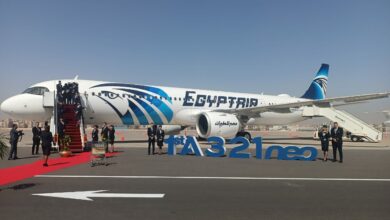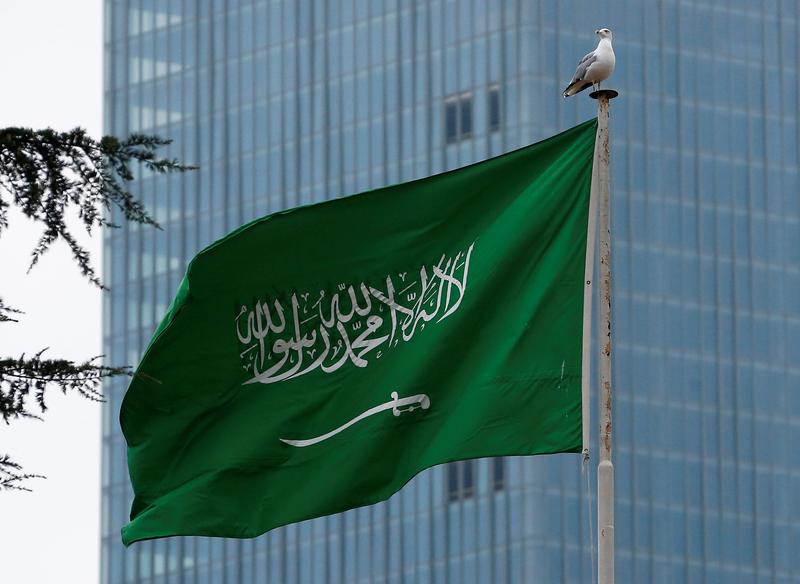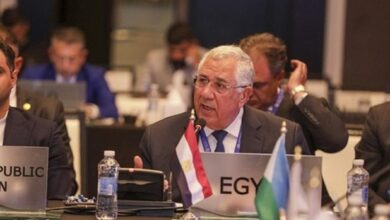RIYADH, Saudi Arabia — Gulf Arab states said Monday they would delay any decisions on proposals for closer political and security ties, showing possible signs of internal discord over measures portrayed as potential shields against regional rival Iran and pro-reform challenges inspired by the Arab Spring.
The postponement announced at the meeting of Gulf Cooperation Council envoys in the Saudi capital of Riyadh appeared to reflect concerns within six-nation group over whether smaller nations would sacrifice their independence by handing too much clout to powerhouse Saudi Arabia.
It also suggested there were limits on how much the Western-allied bloc could integrate its policies, despite speaking with a common voice against Iran's ambitions and the need to work together to preserve their ruling dynasties.
Saudi Foreign Minister Saud al-Faisal said the unity plans now require more study before bringing them to a vote among the member states: Saudi Arabia, Kuwait, Bahrain, Qatar, Oman and the United Arab Emirates.
The move came as a surprise. The meeting was widely expected to endorse what has already happened on the ground: an effective "union" between Saudi Arabia and Bahrain whose embattled monarchy has been aided by Saudi troops and money.
"The aim of postponing the announcement of the union between the six countries is to bring onboard all the members and not only two," said the Saudi foreign minister.
But the Saudi-led vision of a super-state stretching from Kuwait to Oman still seems to be a hard sell. There are concerns about how much influence would be given to Saudi Arabia as the bloc's de facto power, and whether its ultraconservative views could cast shadows over Western-friendly centers such as Dubai and Doha.
Worries about Saudi dominance have already frozen plans for a single Gulf currency.
The GCC, created in 1981, holds frequent discussions on region-wide policies and development initiatives, but member states retain wide autonomy.
"For all the sense more GCC integration makes, the challenges to a European Union-like structure is fraught with questions, challenges and potential pitfalls," said an editorial Monday in the Abu Dhabi-based The National newspaper, which often reflects the views of United Arab Emirates' authorities.
"Closer integration with its neighbors is welcome, but not at the expense of losing the country's unique influence."
Without doubt, however, the upheavals of the Arab Spring have forced stronger collective action from the wealthy Gulf states, which have stepped up their international roles to openly support rebel forces in places such as Libya and Syria.
At the same time, they have bonded together in clampdowns on perceived opposition groups in the Gulf and have taken a hard line against Shia giant Iran, which it accuses of encouraging protests against the Sunni ruling systems in Bahrain and elsewhere. Iran denies the claims.
Last year, Saudi forces led 1,500 Gulf troops into tiny Bahrain to help prop up the kingdom's Sunni dynasty against a Shia-led uprising, which is now in its 15th month. The result has been a virtual melding of the two countries on the ground — with the Saudi and Bahraini flags often displayed in unison at the airport and some security checkpoints.
Opposition groups in Bahrain, however, have strongly denounced the calls for tighter bonds with Saudi Arabia and possibly other Gulf states. The head of Bahrain's main Shia political group, Al Wefaq, said referendums should be held to determine support for closer Gulf union.
"This is how governments that respect their people deal with such matters," said Sheikh Ali Salman. "While here, the union is forcefully imposed, which shows how the governments, here, are just looking down on their peoples."
In Tehran, about 190 lawmakers — more than half Iran's parliament — issued a statement condemning the union plans.
"This will relay Bahrain's crisis to Saudi Arabia and drive the region toward more unrest. It will add to the problems," said the statement, which was read on Iranian state radio.




